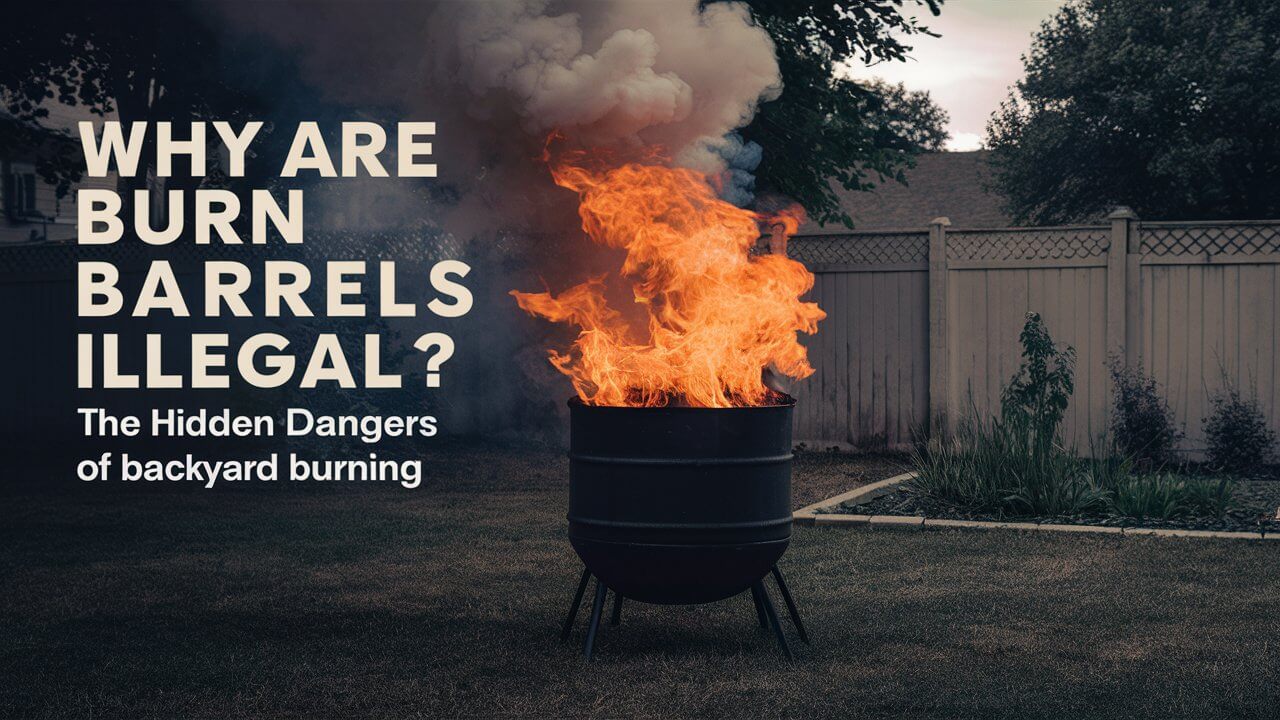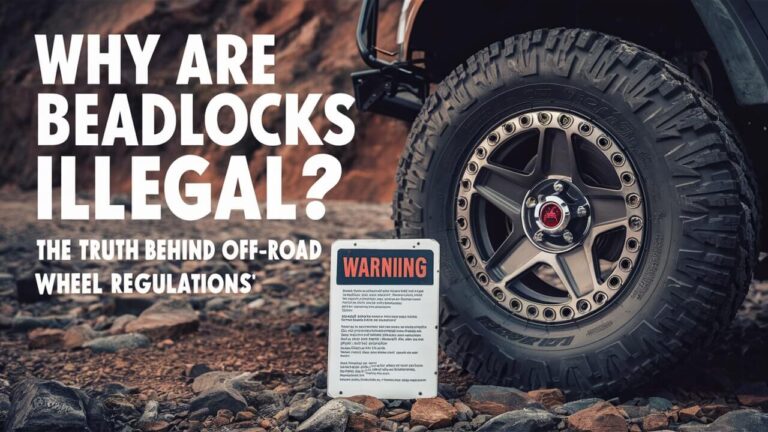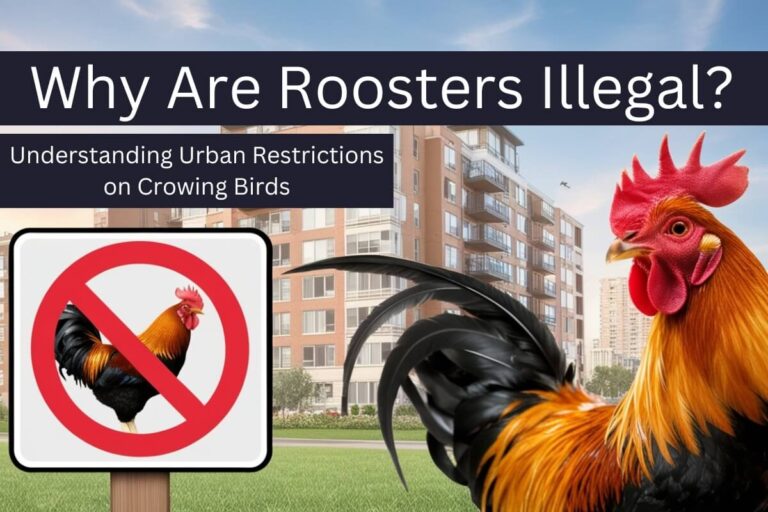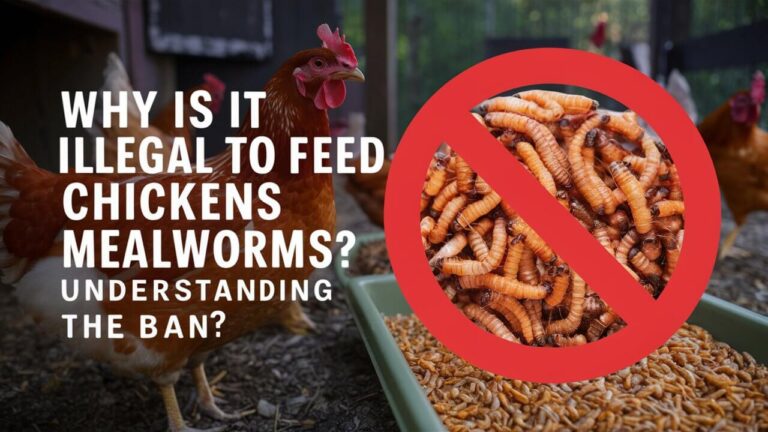Why Are Burn Barrels Illegal? The Hidden Dangers of Backyard Burning

Burn barrels are illegal in many areas because they pose significant health and environmental risks. These makeshift incinerators, once common in rural areas for disposing of household waste, are now banned or heavily restricted due to the toxic emissions they produce and their harmful impact on air quality, soil, and water. This article will explore the reasons behind burn barrel bans, their environmental and health consequences, and safer alternatives for waste disposal.
What Are Burn Barrels?
Definition and Traditional Uses
Burn barrels are metal drums, typically 55-gallon containers, used for burning household waste and yard debris. Historically, they were a common sight in rural areas where garbage collection services were limited or non-existent. People would toss various types of waste into these barrels and set them on fire as a convenient way to reduce the volume of their trash.
History of Burn Barrels in Rural Areas
For decades, burn barrels were a staple of rural waste management. They offered a simple solution for disposing of paper, cardboard, and other combustible materials. Many rural residents saw them as a practical way to handle waste without relying on distant landfills or expensive collection services.
The Shift in Burn Barrel Legality
Changes in Waste Composition
The legality of burn barrels began to change as the composition of household waste evolved. In the past, most household waste consisted of natural materials like paper, wood, and food scraps. However, with the rise of plastics, synthetic materials, and chemical products in everyday items, burning household waste became much more dangerous.
Environmental Awareness and Regulations
As environmental awareness grew in the latter half of the 20th century, the harmful effects of burning waste became more apparent. This led to the implementation of stricter air quality regulations and waste management laws, which in many cases resulted in the prohibition of burn barrels.
Health Risks Associated with Burn Barrels
Toxic Emissions from Burning Household Waste
Burning household waste in barrels releases a cocktail of toxic substances into the air. These emissions can include:
- Dioxins and furans
- Lead
- Mercury
- Arsenic
- Benzene
- Styrene
- Formaldehyde
These chemicals are known to be harmful to human health, with some being carcinogenic.
Short-term and Long-term Health Effects
Exposure to the smoke and pollutants from burn barrels can cause immediate health problems such as:
- Eye, nose, and throat irritation
- Coughing and difficulty breathing
- Headaches
- Nausea
Long-term exposure has been linked to more serious health issues, including:
- Increased risk of cancer
- Respiratory diseases
- Cardiovascular problems
- Developmental and reproductive issues
Vulnerable Populations
Certain groups are particularly susceptible to the health risks posed by burn barrel emissions:
- Children
- Elderly individuals
- People with pre-existing respiratory conditions
- Pregnant women
These vulnerable populations may experience more severe health effects from exposure to toxic smoke.
Environmental Impact of Burn Barrels
Air Pollution and Smog Formation
Burn barrels contribute significantly to local air pollution. The smoke they produce contains particulate matter and various pollutants that can lead to smog formation, especially in areas with poor air circulation.
Soil and Water Contamination
The ash and residue from burn barrels can contaminate soil and water sources. Toxic chemicals in the ash can leach into the ground, potentially reaching groundwater supplies. When rain washes away the ash, it can pollute nearby streams and rivers.
Wildlife and Ecosystem Disruption
The pollution from burn barrels affects more than just human health. Wildlife and ecosystems can suffer from exposure to toxic chemicals released during burning. This can lead to reduced biodiversity and disruption of local food chains.
Legal Status of Burn Barrels Across the United States
Federal Regulations
While there is no federal law specifically banning burn barrels, the Environmental Protection Agency (EPA) has set air quality standards that effectively prohibit many forms of backyard burning. These standards are implemented and enforced at the state and local levels.
State-specific Laws and Variations
Regulations on burn barrels vary from state to state. Some states have outright bans on all forms of backyard burning, while others may allow it under certain conditions or in specific areas. It’s essential for residents to check their local laws before considering any form of outdoor burning.
Urban vs. Rural Regulations
Generally, urban areas have stricter regulations on outdoor burning due to higher population densities and air quality concerns. Rural areas may have more lenient rules, but many are moving towards stricter enforcement to protect public health and the environment.
Alternatives to Burn Barrels
Recycling and Waste Reduction Strategies
One of the best alternatives to burn barrels is to reduce waste at the source. This can be achieved through:
- Recycling paper, plastic, glass, and metal
- Choosing products with less packaging
- Reusing items when possible
- Participating in community recycling programs
Composting Organic Waste
Composting is an excellent way to dispose of organic waste such as food scraps and yard trimmings. It’s environmentally friendly and produces nutrient-rich soil for gardening.
Proper Waste Disposal Methods
For waste that can’t be recycled or composted, proper disposal through licensed waste management services is crucial. This ensures that waste is handled in facilities designed to minimize environmental impact.
The Science Behind Burn Barrel Pollution
Low-temperature Combustion Issues
Burn barrels are particularly problematic because they burn at relatively low temperatures. This incomplete combustion leads to the formation of more pollutants compared to high-temperature incineration facilities.
Formation of Dioxins and Furans
The low-temperature burning of plastics and other synthetic materials in burn barrels creates ideal conditions for the formation of dioxins and furans. These are among the most toxic chemicals known to science.
Particulate Matter Emissions
Burn barrels release large amounts of particulate matter into the air. These tiny particles can penetrate deep into the lungs and even enter the bloodstream, causing a range of health problems.
Economic Impacts of Burn Barrel Use
Healthcare Costs Related to Pollution
The health effects of burn barrel pollution can lead to increased healthcare costs for communities. Treating respiratory illnesses, cardiovascular problems, and other pollution-related health issues can strain local healthcare systems.
Property Value Depreciation in Affected Areas
Areas with high levels of air pollution from burn barrels may see a decrease in property values. Clean air is increasingly valued by homebuyers, and areas known for poor air quality may become less desirable.
Costs of Environmental Cleanup
When burn barrel use leads to soil and water contamination, the costs of environmental cleanup can be substantial. These costs often fall on local governments and taxpayers.
Enforcement and Penalties for Illegal Burn Barrel Use
Reporting Illegal Burning
Many jurisdictions have systems in place for reporting illegal burning activities. Residents are encouraged to report violations to local environmental or health departments.
Fines and Legal Consequences
Penalties for illegal burn barrel use can include fines, which may increase for repeat offenders. In some cases, particularly egregious violations can result in more severe legal consequences.
Education and Community Outreach Programs
Many communities focus on education and outreach to discourage burn barrel use. These programs aim to inform residents about the dangers of backyard burning and provide information on alternatives.
Special Considerations for Rural Areas
Challenges in Waste Management
Rural areas often face unique challenges in waste management, including:
- Limited access to recycling facilities
- Longer distances to landfills
- Fewer waste collection services
These factors have historically contributed to the prevalence of burn barrels in rural settings.
Balancing Tradition with Environmental Concerns
For many rural residents, burn barrels have been a traditional method of waste disposal for generations. Shifting away from this practice requires balancing respect for local traditions with the need to protect public health and the environment.
Innovative Solutions for Remote Locations
To address the unique needs of rural areas, innovative waste management solutions are being developed, such as:
- Mobile recycling units
- Community composting programs
- Waste-to-energy initiatives tailored for small communities
The Future of Waste Disposal in Light of Burn Barrel Bans
Emerging Technologies in Waste Management
As burn barrels become increasingly restricted, new technologies are emerging to handle waste more efficiently and sustainably. These include:
- Advanced recycling processes for hard-to-recycle materials
- Anaerobic digestion for organic waste
- Plasma gasification for converting waste to energy
Circular Economy Initiatives
The concept of a circular economy, where waste is minimized and resources are reused, is gaining traction. This approach could significantly reduce the need for waste disposal methods like burn barrels.
Community-based Waste Reduction Programs
Many communities are implementing grassroots programs to reduce waste and promote sustainable disposal methods. These initiatives often involve community education, local recycling drives, and collaborative efforts to find alternatives to burning.
In Summary: Embracing Safer and Sustainable Alternatives to Burn Barrels
The illegality of burn barrels reflects a growing understanding of their harmful effects on human health and the environment. While they once served as a convenient waste disposal method, particularly in rural areas, the risks far outweigh any perceived benefits. The toxic emissions, health hazards, and environmental damage caused by burn barrels have led to their prohibition in many jurisdictions.
As we move away from burn barrels, it’s crucial to embrace safer and more sustainable waste management practices. Recycling, composting, and proper waste disposal through licensed services are key alternatives that protect both public health and the environment. Additionally, emerging technologies and community-based initiatives offer promising solutions for areas that have traditionally relied on burn barrels.
By understanding why burn barrels are illegal and actively seeking out better waste management methods, we can contribute to cleaner air, healthier communities, and a more sustainable future. The transition may require some adjustment, especially in rural areas, but the long-term benefits to our health and environment make it a necessary and worthwhile change.






